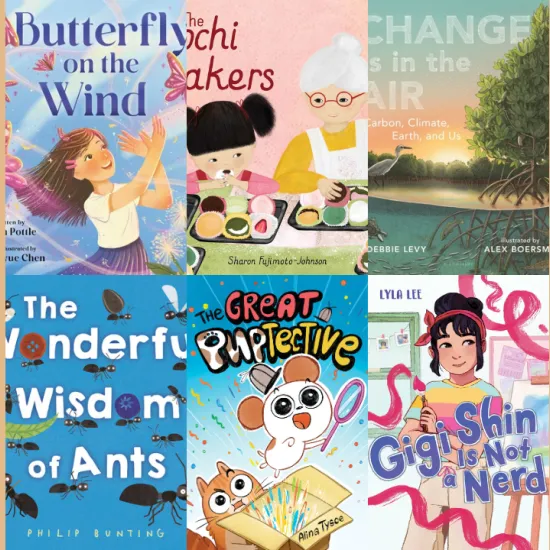- Emily J.
- Monday, October 19, 2020
To become strong readers and writers, children need to learn how to segment and blend letter sounds.
Many times, children have trouble identifying the separate letter sounds or phonemes in words. Fingerspelling is a handy multisensory strategy to help children learn how to spell. They learn to pull apart words into separate sounds (segmenting) and to associate a letter’s sound with the letter’s written form.
One key point to remember—if a child is a good reader, it does not always mean they will be a good speller. Spelling is a more complex process that involves recognizing the separate letter sounds within a word, recalling the letter formation, and finally putting the sound and symbols together in the correct order. The process of becoming a proficient speller takes time and practice. Some children will need more practice than others and that’s more than okay.
Fingerspelling Steps
Teacher: Dictates the word
Student: Listens
Student: Repeats the Word
Student: Taps out the sounds
Student: Spells the word aloud
Student: Writes and says the letter names
Student: Proofreads
For more information on Fingerspellng or Simultaneous Oral Spelling, from the Literacy Nest.
Watch this video from the Rollins Center for Language and Literacy designed to help with letter pronunciation.
Many of us, unconsciously attach an “uh” sound at the end of our consonants to project the sound. Remember that consonants are mostly shorter and quieter sounds, and vowels are louder and elongated. The vowels, for example, can be sung while consonants cannot. Try singing the short /o/ sound and then sing the consonant /c/ sound. Notice the difference?
Learn more from the experts. Louisa Moast Ed.D tells us how spelling supports reading
The titles below will help you and your work on spelling together at home. Want us to pull books for you? Contact us at 803-799-9084 and request to have books sent to your nearest Richland Library location.

PAF Preventing Academic Failure


S.P.I.R.E. Level 1, Reader

S.P.I.R.E. Level 2, Reader

S.P.I.R.E. Level 3, Reader

If You're So Smart, How Come You Can't Spell Mississippi?

Phonics Pathways

Sequential Spelling

Sequential Spelling

Sequential Spelling

Basic Angling Practice Book. Teacher's Manual



